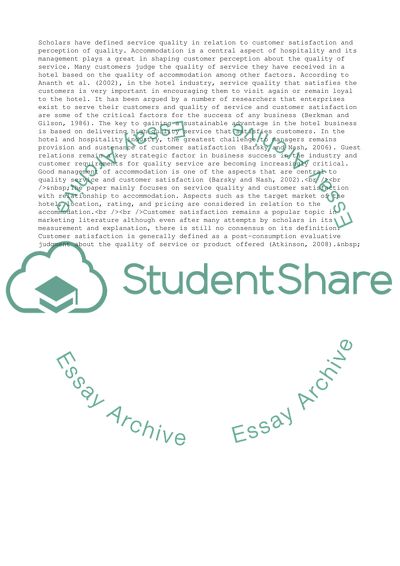Cite this document
(Management of Accommodation for Customer Satisfaction: NiteNite City Coursework, n.d.)
Management of Accommodation for Customer Satisfaction: NiteNite City Coursework. https://studentshare.org/management/1820145-how-accommodation-can-be-managed-to-ensure-customer-satisfaction
Management of Accommodation for Customer Satisfaction: NiteNite City Coursework. https://studentshare.org/management/1820145-how-accommodation-can-be-managed-to-ensure-customer-satisfaction
(Management of Accommodation for Customer Satisfaction: NiteNite City Coursework)
Management of Accommodation for Customer Satisfaction: NiteNite City Coursework. https://studentshare.org/management/1820145-how-accommodation-can-be-managed-to-ensure-customer-satisfaction.
Management of Accommodation for Customer Satisfaction: NiteNite City Coursework. https://studentshare.org/management/1820145-how-accommodation-can-be-managed-to-ensure-customer-satisfaction.
“Management of Accommodation for Customer Satisfaction: NiteNite City Coursework”. https://studentshare.org/management/1820145-how-accommodation-can-be-managed-to-ensure-customer-satisfaction.


